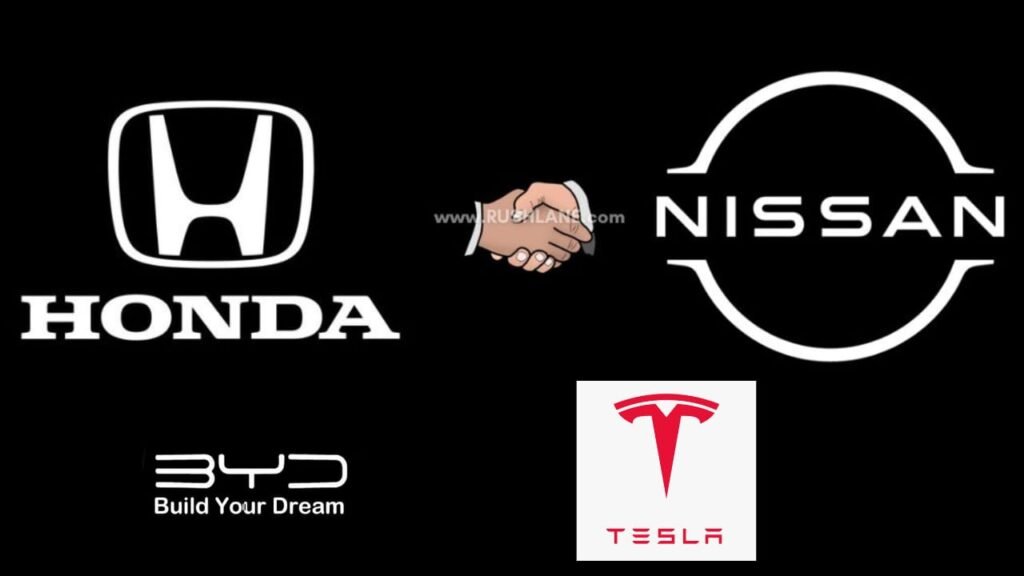In a bold move to counter declining sales and mounting competition from Chinese automakers, Honda, Nissan, and Mitsubishi are in discussions to form a three-way merger. If finalized, the partnership will create the world’s third-largest carmaker, trailing only Toyota and Volkswagen in annual sales.
The merger aims to combine the resources of two of Japan’s largest automakers with Mitsubishi’s niche market expertise. This strategic alliance is expected to revolutionize Japan’s automotive sector, allowing the companies to share vehicle platforms, launch new models faster, and collaborate on research and development of new technologies.
Are Japan Car Brands Worried About Chinese Car Brands?
Yes, Japanese car brands are increasingly concerned about the rise of Chinese automakers. Chinese brands like BYD and SAIC have aggressively expanded their electric vehicle (EV) presence, pressuring traditional automakers to adapt. In China, Japanese automaker brands have experienced significant declines in market share due to the rapid growth of domestic EV brands. The shift towards electric vehicles and the preference for local brands in China have made it challenging for Japanese automakers to compete effectively.
Is BYD & Tesla a Threat to Japanese EV Brands?
Absolutely. BYD and Tesla pose a significant threat to Japanese EV brands. Both companies have made substantial inroads into the global EV market, with Tesla leading the charge in innovation and BYD rapidly expanding its presence.
Japanese automakers, including Honda and Nissan, have struggled to keep pace with the technological advancements and market penetration of these Chinese and American EV giants. The merger between Honda, Nissan, and Mitsubishi is seen as a strategic response to this growing threat, aiming to pool resources and enhance their competitive edge in the EV market.


